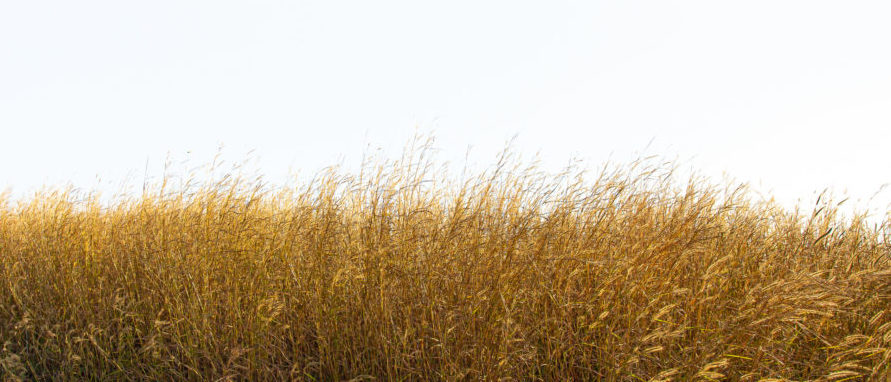
When the Temple stood, the omer period began with the sacrifice of barley on the second day of Passover and ended seven weeks later with the First Fruits festival, or Shavuot.
After the Temple was destroyed and Jews spilled out of the land of Israel, eventually becoming urban dwellers, the idea of the omer period remained in Jewish tradition by counting the days leading to Shavuot which, in addition to its agricultural association, is known as the day on which the Jews received the Torah.
But how to “do” the seven weeks of the omer? How to make the tradition of counting the days count?
Rabbi Velvel Belinsky of ARIEL Jewish Center and Synagogue — a Chabad congregation in Pikesville for Russian-speaking Jews — described the omer as a period of inner growth and character development.
For Rabbi Neil Tow of Leesburg’s Conservative Congregation Sha’are Shalom, it’s about building and strengthening the Jewish community.
Tow said that because Shavuot commemorates the giving of the Ten Commandments at Mount Sinai, where, as tradition goes, all Jews were spiritually present, Jews should focus on coming together.
Tow said he plans to do that by celebrating Lag B’Omer, the 33rd day of counting the omer, when the semi-mourning of the rest of the omer period is lifted. He also wants to volunteer more, helping to collect cell phones and laptops for Afghan refugees who, since fleeing the Taliban, have found shelter at Leesburg’s National Conference Center.
Ukrainian refugees are also on Tow’s mind. He said there’s a parallel between counting the omer and how people count the days since the Russian invasion.
“The omer can help remind us to be sensitive and aware of the suffering in the world, not only in Ukraine, but in other places as well,” he said, noting a recent wave of violent attacks in Israel.
Belinsky said people often use world events as “a distraction that allows us to stop paying attention to all the things we need to address within ourselves.”
While we should strive to influence the world around us, “we cannot ignore working on ourselves,” he said.
In the Jewish mystical tradition, the Israelites dedicated 49 days to self-improvement in order to receive the Torah on the 50th day, Belinsky said. In Kabbalah, or Jewish mysticism, each of the seven weeks is associated with one of seven sefirot, or attributes of God, such as lovingkindness and discipline — chesed and gevurah, respectively.
Each day of each week is a permutation between that attribute and another, representing a trait that can be further developed. For example, on the first day of the omer, we reflect on “chesed that is in chesed,” and on the first day of the second week we reflect on “chesed that is in gevurah.”
Belinsky said the idea isn’t as rarefied as it sounds. Like many parents, Belinsky struggled with balancing lovingkindness and discipline. Counting the omer and its mix of permutations proved beneficial.
Tow said that as society emerges from the pandemic, people must continue treating those most vulnerable to COVID-19 with lovingkindness. For example, his synagogue still offers Zoom services and requires masks in religious schools. “Just as we count the omer,” he said, “we count each person.”
After two years of profoundly disrupted personal and communal existence, Jews can use the omer period to reflect on how to creatively reconnect with one another. Tow sees this as akin to the “new world” opened up by the giving of the Torah.
Tow also connected the omer to the shmittah year, a biblically ordained sabbatical that occurs every seven years. Like shmittah — the current year is a shmittah year — counting the omer is a moment of “taking a breath” and “recognizing that time itself is holy” every day for seven weeks.
With seven days of creation as a model, he explained, Shabbat is a seventh day of renewal, and shmittah is a seventh year of the agricultural cycle when farmers let the land lie fallow.
We are not farmers like the Israelites, who used Shavuot to celebrate the grain harvest. And in a modern twist to an ancient practice, we can use automated technology to remember to count the omer.
According to Belinsky, these reminders are good because they help us to fulfill a mitzvah. “God created everything for a spiritual purpose,” he said. “I’m sure that apps, emails and texts were in part created specifically for this reason.”
Tow said that if you’ve never counted the omer before, you should take advantage of daily reminders and give it a try.
“Take a moment every day over the course of those 49 days to think about our connection to the Jewish community,” he said, “and how we can build stronger, more resilient communities in the future.”





